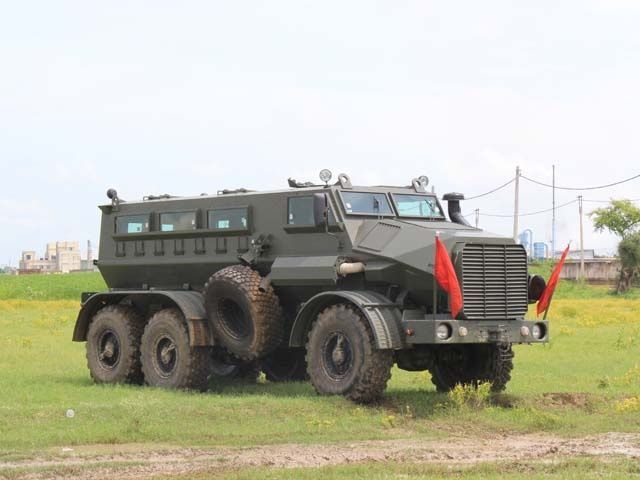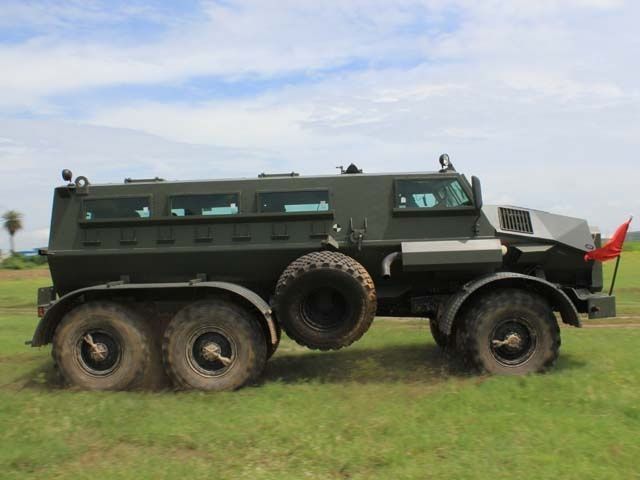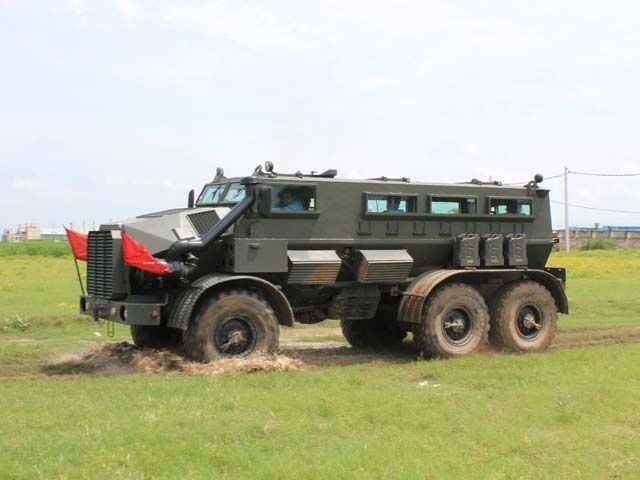Indian Army To Upgrade BMP-2K Infantry Combat Vehicles (ICVs)
The BMP-2 is the main combat vehicle of the Indian Army's Mechanised Infantry regiments used for breaching enemy defences and for troops thrusting forward into enemy territory.
India is preparing to upgrade around 1,500 BMP-2 and BMP-2K Infantry Combat Vehicles (ICVs) with more powerful engines to enhance their cross-country mobility, floatation and gradient negotiating capability and mount more lethal weapon systems on board. All of this will make the ICVs robust killer machines.
"The Indian Army is looking for a new power pack with minimum 380 horsepower engine for the BMP-2 and BMP-2K ICVs," a senior defence ministry official told IANS.
The BMP-2 is the main combat vehicle of the Indian Army's Mechanised Infantry regiments used for breaching enemy defences and for troops thrusting forward into enemy territory.
"Since the upgrading of the BMP-2 and BMP-2k ICVs are at an advanced stage, the army wants to get the new engine for the combat vehicles at the earliest," the official added.
At present, the BMP-2 and BMP-2K command vehicles are running on Russian-origin UTD-20 engines, which have been indigenised by India through technology transfer.
The UTD-20 provides a 285 horsepower output that is considered inadequate as it adversely impacts the ICV's functioning.
The UTD-20 is the original engine of the BMP-1 ICV and is being used in the BMP-2 and BMP-2K even though they are more than 1,000 kg heavier.
"A more powerful engine is required to make the BMP-2 more efficient in cross-country mobility, floatation and gradient negotiating, apart from providing it the ability to take more add-on systems and weapons," the official said.
"It is imperative that the existing UTD-20 engine is replaced with a new minimum 380 horsepower engine, thereby offering greater mobility to the BMP-2 and BMP-2K," the official added.
The army is hopeful the new engine will enable the BMP-2 and BMP-2K ICVs to touch 50 kmph during cross-country, 70 kmph on roads and 7 kmph in forward gear during still water floatation.








